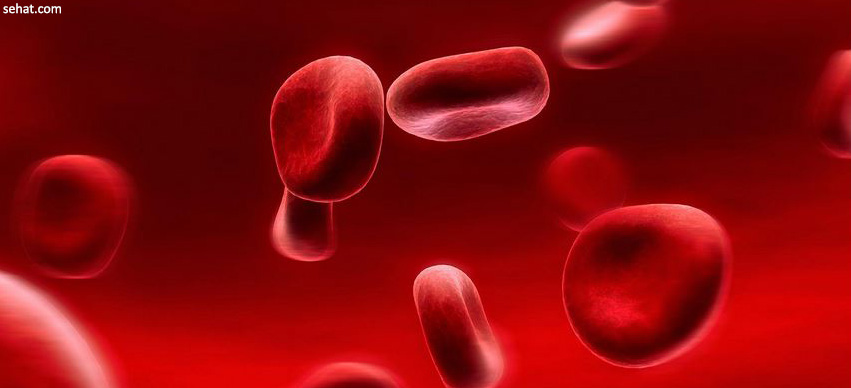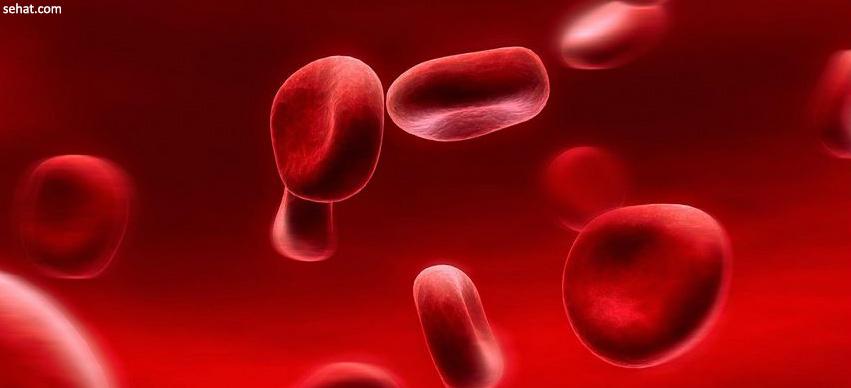Nanoparticle Therapy – An Emerging Cancer Treatment
5 Min Read


Blood cancer is caused due to many malignancies that attack the lymphatic system, blood or bone marrow. There is a major increase in the remission and survival rates in people with blood cancer as the treatment of blood cancers has evolved largely. In the United States there are at least 1 million people who are alive with high remission rates. With the expansion of technology there is a treatment available for every illness.
Leukemia: Leukemia or leukaemia is a cancer that attacks the blood and bone marrow. People with leukemia have too many white blood cells. Leukemia is considered to be dangerous as it might lead to death if it is not treated. There are many drugs available for treating leukemia.
Lymphoma:Lymphoma is a cancer affecting the lymphatic system (a system interconnected with vessels and spaces between the body tissues and the other organs through which the lymph is circulated to the heart and the rest of the body parts)
Multiple myeloma:Multiple myeloma is a type of cancer that involves the plasma cells.
The objective of the treatment, of blood cancer, is to treat the cancer from the core and to bring about complete remission of the sickness
Blood cancer is very unpredictable and the symptoms are sometimes too many and sometimes there are no symptoms at all.
If cancer is not taken care of and if there is too much of bleeding blood cancer can be life threatening, especially if severe infections occur. The symptoms include: